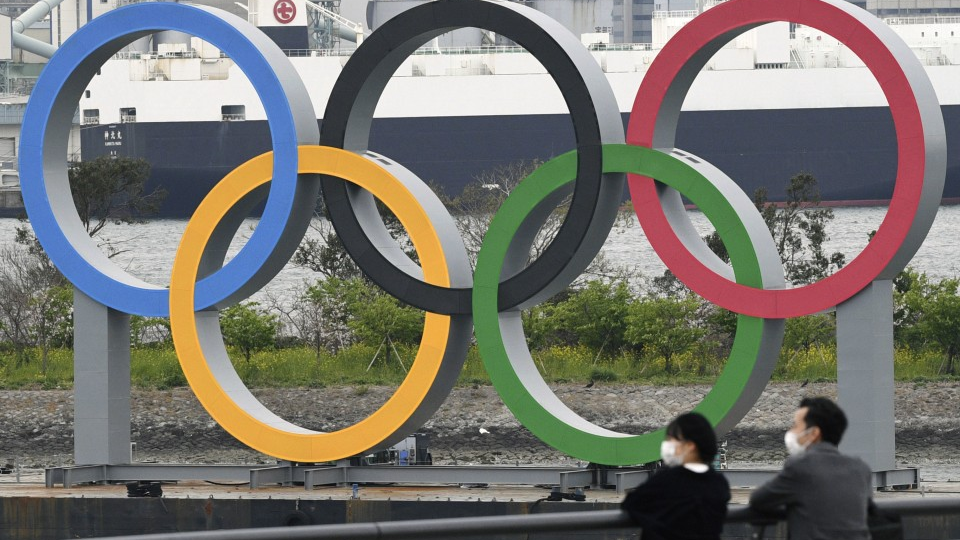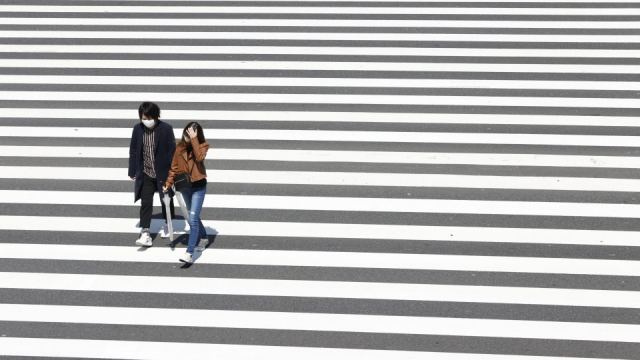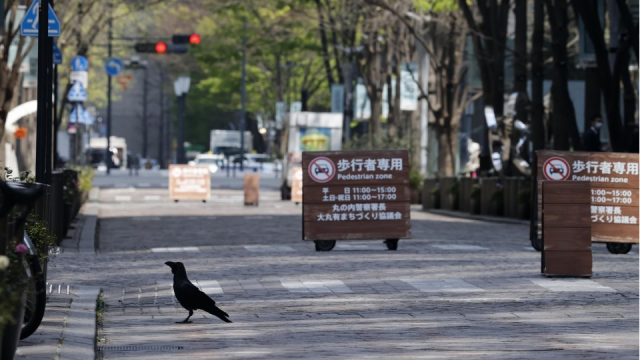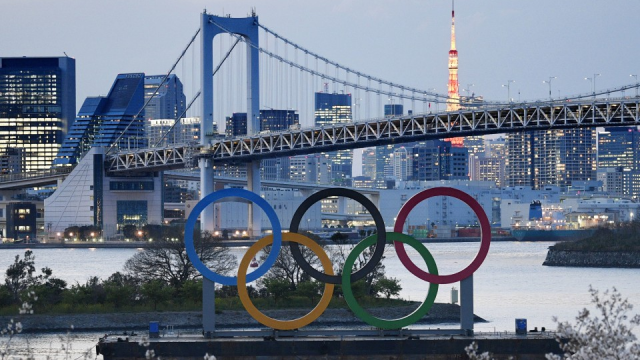Now that the schedule of the Tokyo Olympics and Paralympics is decided, local organizers have finally started rearranging their preparations at full speed following the games’ postponement due to the coronavirus pandemic.
But even though there are more than 470 days until the opening of the Olympics in the summer of 2021, the Tokyo Games organizing committee is finding it hard to be optimistic as it begins to rework six years of preparation.
The organizers and International Olympic Committee President Thomas Bach agreed on Monday to hold the Tokyo Olympics between July 23 and Aug. 8, 2021, followed by the Paralympics from Aug. 24 to Sept. 5.
Games organizing committee President Yoshiro Mori told a press conference in Tokyo upon announcing the new schedule that selecting a new date was “key” to begin sorting out the logistical details and would allow organizers to “speed up our preparations.”
As the Tokyo Olympics were originally set to open on July 24 this year, organizers were in the late stages of preparations before the global spread of the pneumonia-causing virus, which first broke out in China late last year, started gathering pace.
[Getty/Kyodo]
Related coverage:
Olympic flame to be shown for 1 month at Fukushima’s J-Village
FOCUS: Tokyo Games postponement to require Olympic-scale rethink
Athletes, sports bodies react to new Tokyo Olympic dates
Test events were being held at competition venues, and training for some 80,000 volunteers had already started.
Since the games in 2021 will take place during the same time frame as originally planned, the organizing committee aims to carry out most of its preparation as originally intended. But it still has to reassess what has to be done so that everything fits into next year’s dates.
One major challenge is the availability of venues in the Japanese capital next summer. The National Stadium, which will stage the Olympic and Paralympic opening and closing ceremonies, is available during the dates for the games next year, but several venues have already been booked.
Tokyo Big Sight, a convention and exhibition center that was supposed to be used as the main press center, has events scheduled to take place during the new timeframe, as well as the Tokyo International Forum that was scheduled to stage weightlifting events.
Organizing committee CEO Toshiro Muto said in the press conference with Mori that organizers have started reaching out to all of the venues that were booked for this summer, saying, “It will all come down to negotiations with each venue, so we cannot tell at the moment.”
Organizers also have to confirm with volunteers whether they can take up the same roles next year, and have indicated refunds will be issued for tickets that have already been sold if the ticket holder cannot attend next year’s games.
Another concern facing organizers is the additional costs generated by pushing the games back.
The budget of the Tokyo Games was 1.35 trillion yen ($12 billion), which was to be shouldered by the organizing committee, the Tokyo metropolitan government and the Japanese government. The delay, however, is estimated to add around 300 billion yen, according to a source close to the matter.
While the organizing committee has 27 billion yen on reserve in the event of a natural disaster, the additional costs, which include fees for venues and securing hotel rooms for those involved with the games, will easily exceed that amount.
Tokyo Gov. Yuriko Koike told Kyodo News in an interview last week that she intends to ask the IOC to shoulder some of the financial burden.
“I would ask the IOC so it will also fulfill its role,” Koike said, adding she aims to make an estimate of the total cost soon.
However, a source close to the matter said it is unlikely the IOC will agree to help Tokyo with the additional costs.
“Since the postponement (of the Olympics) was decided in response to a request from the Japanese government, there is no way the IOC will shoulder them,” the source said.
Bach and Japanese Prime Minister Shinzo Abe agreed on March 24 to postpone the games for about a year amid mounting pressure to make changes to the calendar amid the global health crisis.
The Olympic flame, which arrived from Greece on March 20, will remain in Japan until the opening of next year’s games.



